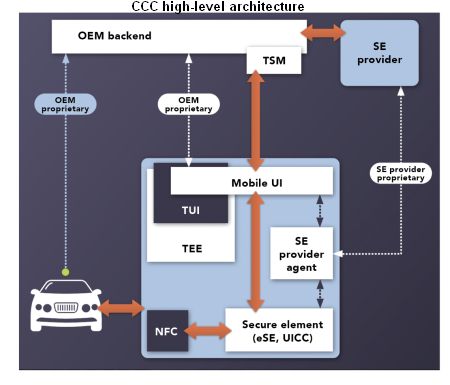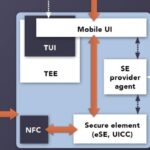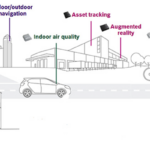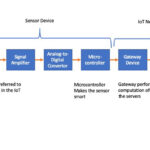Efforts are underway to let smartphones double as car keys.
Erik Peters, Dialog Semiconductor
From hands-free calling to tire pressure monitoring systems, Bluetooth has revolutionized the way we interact with our vehicles and how the vehicle itself communicates with other technology systems and services. So, what’s next?
Improved internet connectivity and other technological advancements have resulted in the rising popularity of car rental services such as Zipcar, Turo and Getaround, among others. Further enhancing the user experience for car rental services and owned vehicles alike will be the introduction of fully digital keys.
Powered by Bluetooth, digital keys will replace traditional key fobs, allowing individuals to use their mobile devices to unlock and lock their vehicles, adjust cabin temperature and more, with the added layer of security and transparency of real-time location tracking and instant connectivity that Bluetooth provides. As a result, accessing, starting and securing your car will be easier than ever before.
At one point or another, most of us have walked away from the car and forgot to lock it. With digital keys, this will no longer be a problem. With Bluetooth connectivity, the device will be able to measure how long the signal has traveled from the transmitter to the receiver. In doing so, multiple nodes or receivers on the car can determine your exact position in relation to the vehicle. This means that you will never have to worry about remembering to lock the door; you simply walk away from the car, and the key will lock it automatically once it senses you are out of range.
The same thinking can be applied in the reverse scenario. If you want to access a connected vehicle, you must first have the authenticated key, and then also be within a short distance from the vehicle to unlock it.
There is also an opportunity for the use of digital keys by rental car services. In fact, increases in connectivity and its cost-effective “pay-per-use” model will continue to propel the global car rental market forward in the coming years. And as digital keys are passed between drivers, who has access to a car and when will be extremely important.

With digital keys, car rental companies and services can grant customers access to vehicles via their phones, and program these keys to expire when their rental period ends or when it has returned to a predetermined location. In addition to granting access, car-sharing services will also be able to control the type of access each customer has. They can program the key to unlock the car for a lost item to be retrieved but block it from starting the engine, for example.
As technology advances, Bluetooth has the potential to control other features within the car as well. The key could be programmed with its owner’s preferences for features such as infotainment, music, in-cabin temperature, seat and mirror positioning so that they can be adjusted automatically upon entering the vehicle. The key could also send location-based personalized recommendations for shopping and food. In the event a key is lost or stolen, it can be installed on another device instead.
References




Leave a Reply